To celebrate the 4th anniversary of its establishment, the Institute of Area Studies, Peking University (PKUIAS) held its second annual doctoral student forum on area studies on April 16, 2022. The forum aimed to encourage young scholars specializing in area studies to explore new theories, new approaches and new paradigms, and was initiated and organized by the Institute’s PhD students, who also participated.
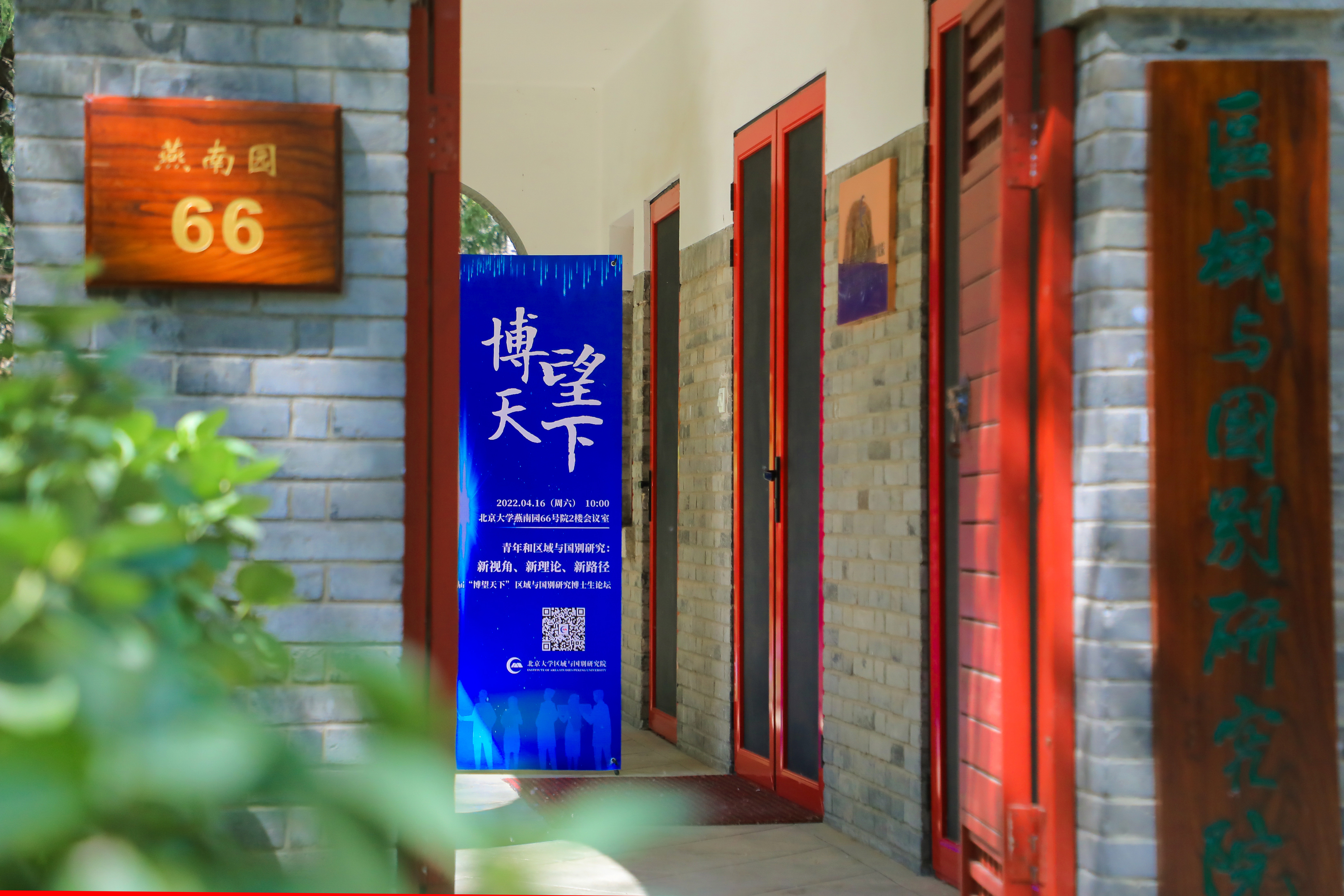
The forum saw the participation of Yuan Peng, dean of the China Institutes of Contemporary International Relations; Qian Chengdan, director of PKUIAS; Li Hongfeng, dean of the School of African Studies at Beijing Foreign Studies University; deputy directors of PKUIAS Zhai Kun, Zan Tao and Wang Suolao; assistant professors of the School of Foreign Languages Shi Yue, Xie Kankan and Yang Meng; Zhuang Yu, assistant professor of PKU’s Department of History; and postdocs of PKUIAS Tan Meng, Yang Tirong, and Yu Wanying. With the theme “Young Scholars and Area Studies: New Perspective, New Theories and New Approaches,” the forum organized four concurrent panels respectively focused on the areas of Russia and Eurasia, the Middle East, Southeast Asia and Africa. More than 200 faculty members and students attended in the forum.
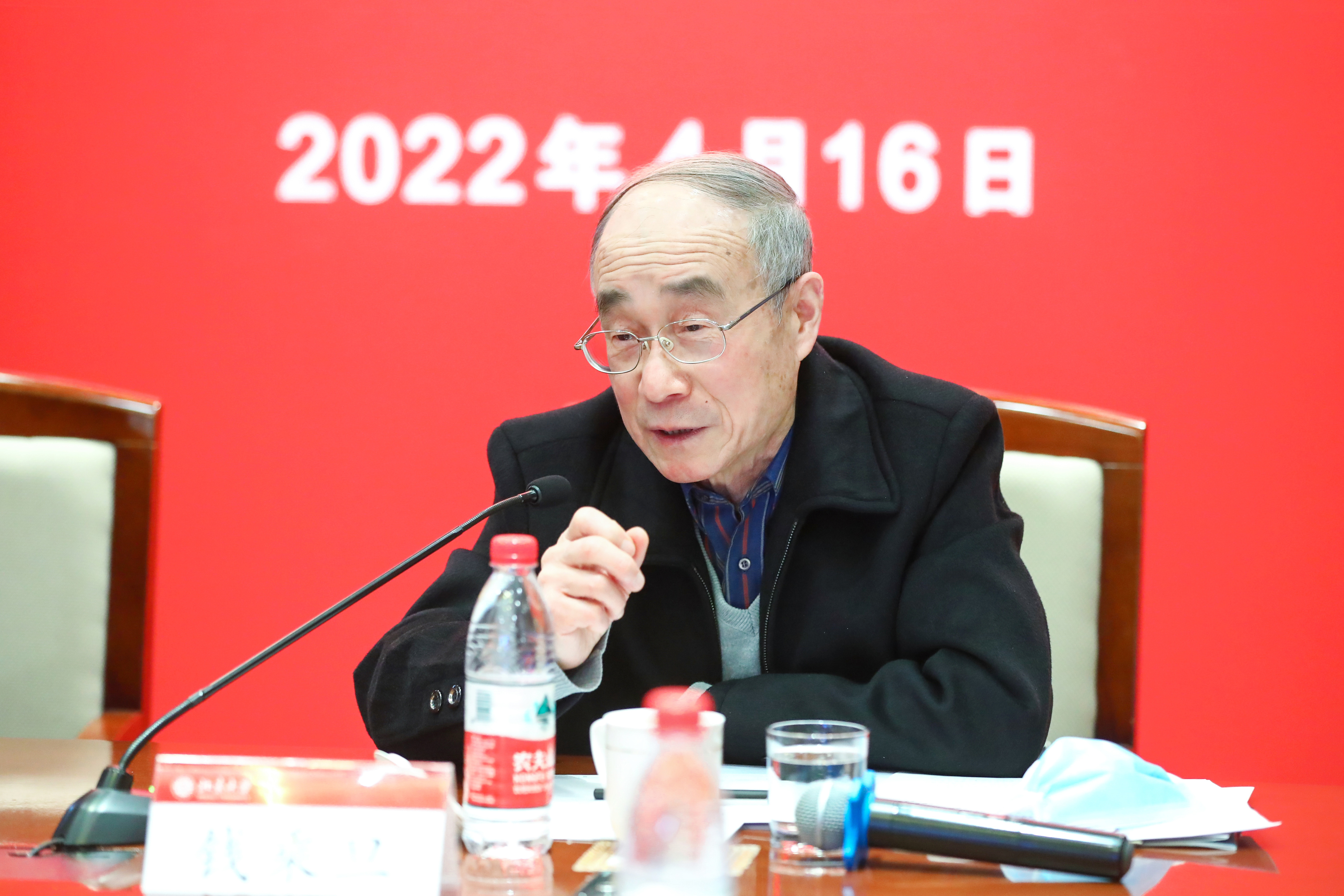
Prof. Qian Chengdan delivered the opening remarks. He noted that the forum spanned extensive topics, collected diversified presentations and covered multiple disciplines. He expressed his hope that the forum could serve as a platform for facilitating the communication between students and young scholars engaged in area studies and promote the long-term development of the discipline of area studies in the country.
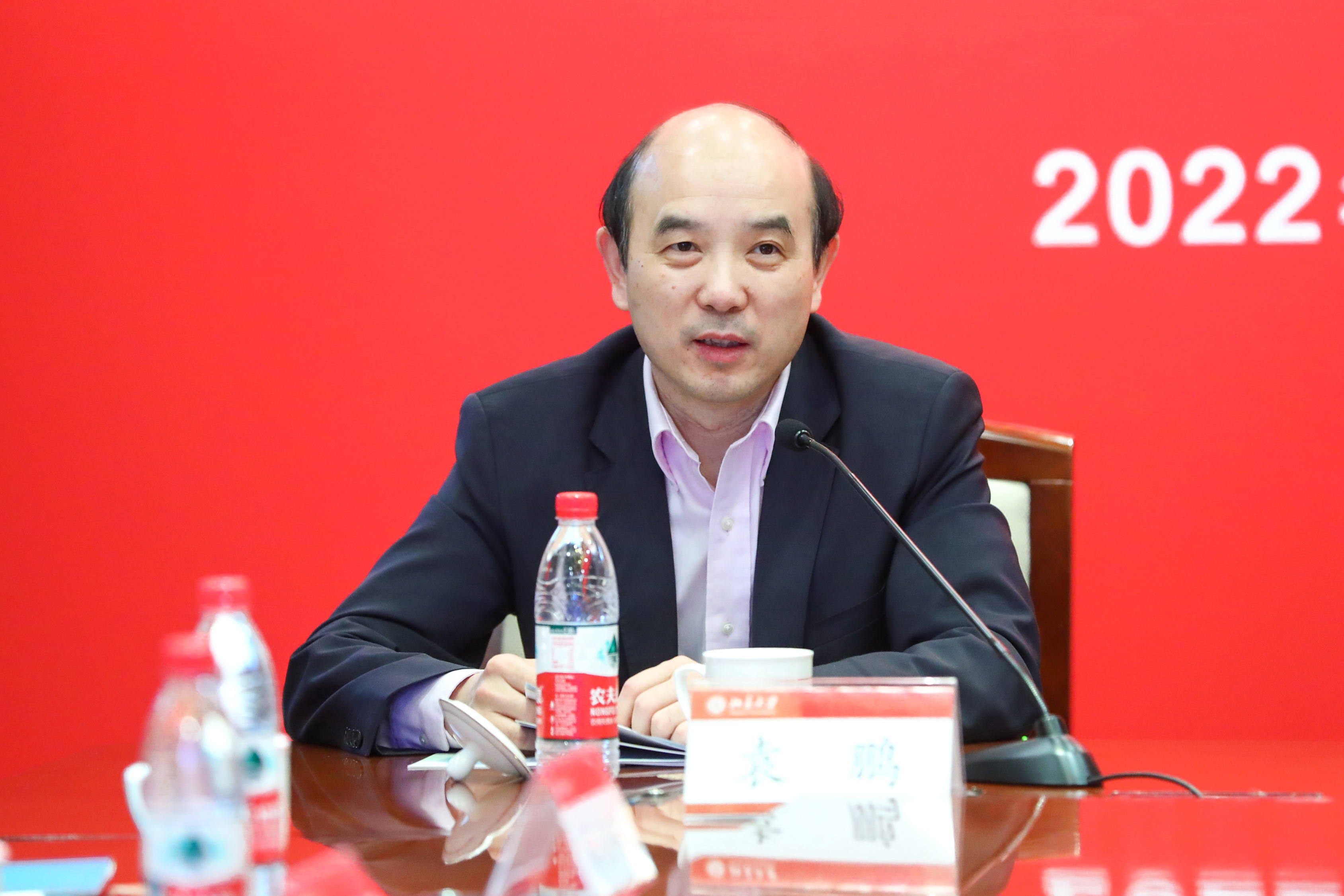
In his keynote speech, Yuan Peng shared his thinking on area studies from the perspectives of discipline background, discipline paradigms and discipline crossing. With regard to the dilemma faced by domestic area studies, he opined that area studies should not be limited to studying international relations, and young scholars should patiently focus on researching the specific situation of their target countries and regions. area studies should not only pay attention to hotspot issues but also focus on the basic and comprehensive research of a country or a region. Yuan Peng also suggested that doctoral students at PKUIAS study in detail the basic situation of multiple fields of their target country or region, including its geography, history, humanity, politics, and economics, among others, and not focus on current affairs while neglecting basic research; meanwhile, besides English, they should master the language of the target country to obtain first-hand materials and try to conduct onsite research and fieldwork. He also briefly discussed the relationship between international relations, regional or country studies and national security, and concluded by noting that area studies served as a foundation for international relations, and that national security was its ultimate goal.
The speakers at the opening ceremony addressed questions from the audience members, after which the concurrent sub-forums began.

At the Russia-Europe-Asia sub-forum, Wang Chenhaozhi from PKUIAS analyzed and compared the methods and scope of responsibilities of university presidents in different historical periods based on the laws and regulations issued by the Russian state and universities in Russia. Sheng Huaxi from PKUIAS, starting from Aleksandr Dugin’s geopolitical thought and “The Fourth Political Theory” behind it, shared his understanding of the revival of Russia and the unity of opposites between different international orders. Wang Yaozheng from PKUIAS discussed how Japan’s official development assistance to Central Asia has had to make a choice between its political, economic and social attributes. Liu Zhi, from the Party School of the Central Committee of the CPC, talked about the “long arm jurisdiction” of the US against Russia in the international economic field, the countermeasures taken by Russia and its significance. Song Jiaxin from PKUIAS, incisively analyzed the different roles of official media and social media from the perspective of “government-media-society” interaction amid Kazakhstan’s prevention and control of COVID-19. Xu Ruidi from PKUIAS sorted out Kazakhstan’s governance measures for labor import, and analyzed the reasons for, problems in and significance of labor cooperation between China and Kazakhstan. Wang Kaihua from PKUIAS analyzed the organizational system of Kazakhstan’s Zhas Otan from the three aspects of organizational overview, organizational structure, and member management, and then explained the operation of the organization by analyzing the relationship between Zhas Otan and Nur Otan. Nie Zhihong, from the Chinese Academy of Social Sciences, analyzed Uzbekistan’s foreign trade structure and the huge impact of foreign trade policies on its import and export trade structure adjustment. Luan Yu and Zhou Yanlin, from Shanghai Maritime University, discussed the contention for maritime rights and interests in the Arctic Ocean based on the claims of the major countries around the Arctic Ocean. Sun Qian, from Shanghai International Studies University, studied Russia’s digital transformation under the impact of sanctions, dividing Russia’s response into active and passive policies. Ma Chenchen, from Wuhan University, discussed the impact of the Russia–Ukraine conflict on the practice of Sino-Russian international law from the perspective of international law.
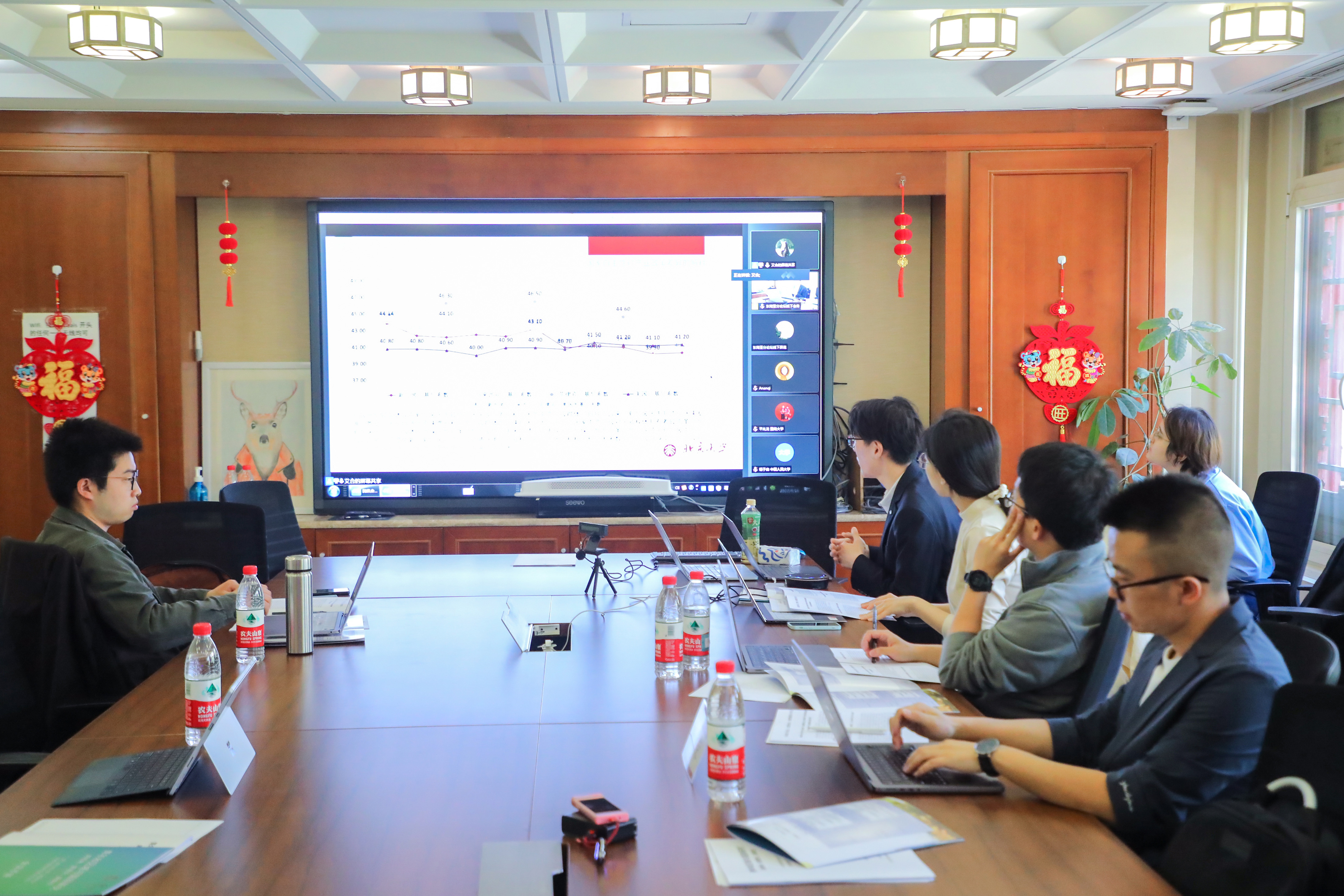
At the sub-forum about Southeast Asia, Shi Youwei, from PKUIAS, classified the industrial policies of Southeast Asian countries, and gave a theoretical framework for analyzing the differences in policy formulation based on the theory of relative industrial maturity and the theory of neo-nationalism. Yin Ke, from PKU’s School of International Studies, focused on the Institute of Southeast Asian Studies (ISEAS) to explore the relationship between knowledge production and political interaction in Singapore. Wu Yaoting, from Sun Yat-sen University, took Indonesia as an example to study “vaccine fairness” diplomacy from the perspective of a medium power. Li Xiaoyuan, from Fudan University, discussed Indonesia’s process of industrialization in different historical stages from the angle of party building and independent policy. Lizeng Taozi, from China University of Political Science and Law, discussed how Vietnam had constructed a discourse system and shaped discourse power on the South China Sea issue and generally achieved the effect of “the strong bullying the weak” from the perspective of jurisprudence. Zhang Yifan, of Renmin University of China, analyzed the 969 Movement in Myanmar and Buddhist nationalism from the materials obtained through fieldwork. Zhou Chao, of Renmin University of China, discussed India’s “landlord-family” complex, and tried to summarize the logic of contemporary India’s “feudal democratic politics.” Hu Yue, from Yunnan University, analyzed the view of the Communist Party of India (Marxist) on women and its practice. Miao Si, from Tsinghua University, selected five Varmans in the history of Angkor as time nodes, and discussed the secular construction of sacred Angkor from the five perspectives of legitimacy, religious sanctification, economic development, social integration, and coping with challenges. Wu Yujiao, from Beijing Foreign Studies University, took Korea’s “The Independent” as a historical resource material to study the image construction of the Qing Dynasty and Japan in the modern enlightenment period of the Korean Peninsula under the influence of the theory of social evolution. Ping Zhaolong, of Jinan University in Guangdong Province, discussed the imperial examinations of Minh-Huong people in Vietnam from 1819 to 1919, starting from the preferential policies of the Vietnamese government, the emphasis on education by the Minh-Huong-Xa (society of adherents of the Ming Dynasty), and the efforts of Minh-Huong students themselves. Yang Yusen, of Renmin University of China, conducted a comparative study on state intervention in the South Manchuria Railways Company in different historical periods, and took the distribution of the internal investment of the Company on the railway as new historical evidence of the official Japanese intervention.
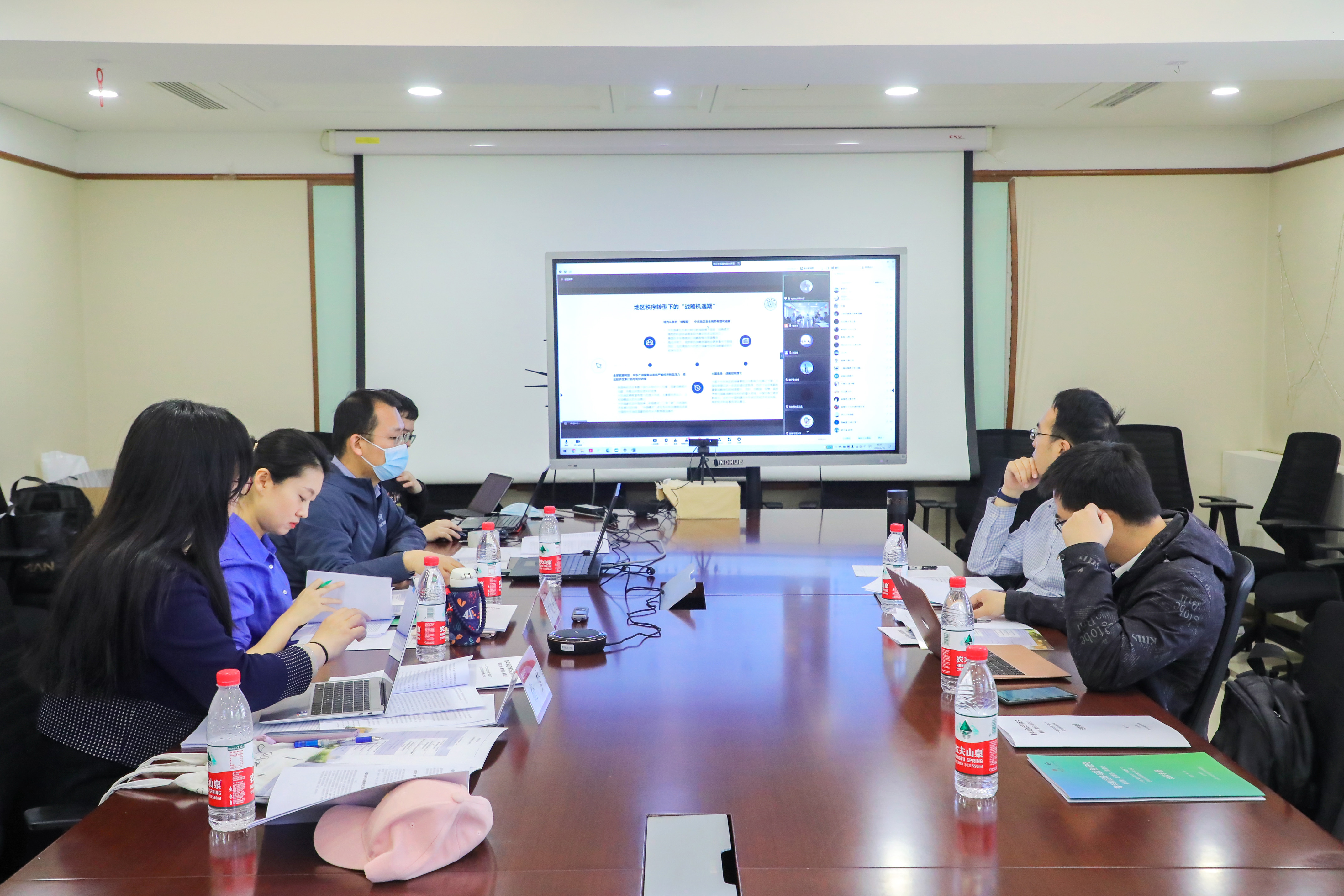
During the sub-forum about the Middle East, Du Pu, from Tsinghua University, analyzed the current development and trend of China’s Middle East policy from the aspects of strategic background as well as opportunities and challenges under the new situation. According to the research of Shao Yu from Northwest University, the miracle of Israel’s agricultural development lay in the government’s emphasis on scientific and technological innovation, a correct development strategy, rational allocation and utilization of resources, and a modern agricultural management system in line with Israel’s national conditions. Ma Xiaodong, from the School of International Studies, analyzed the development of drones in the Middle East and their impact on the regional security situation. Yangkang Shuyuan, from the School of International Studies, conducted a process tracking and case comparison of the formation and suspension of the phenomenon of joint veto between China and Russia, and proposed to understand and analyze the reasons behind it from the perspectives of interests, concepts and strategies. Yin Jinqi from PKUIAS discussed the changes in the countryside after the White Revolution in Iran and the relationship between these changes and the Islamic Revolution. Xu Hongbo of Renmin University of China analyzed the reasons and warnings for the repeated outbreak of color revolutions. Jia Yuxian of Renmin University of China applied comparative historical analysis to explore the interaction between the Muslim Brotherhood and the secular government in Egypt and Syria in the 1980s. Liu Qinglong, from the School of International Studies, analyzed Saudi Arabia’s Vision 2030 document and the series of plans, projects and reports that were released at the same time, and reviewed and summarized the vision. Starting from factors such as history and geography, Shen Shilei, from Tianjin Normal University, analyzed the origin of Arab-Islamic cities and the changes in their connotations, structures and functions. Wang Yihan, of Beijing Foreign Studies University, expressed her view that, as a monument to the ideology of the Republic of Turkey, Hagia Sophia’s two functional transformations are a microcosm of the evolution of Turkey’s national ideological narrative over the past 100 years. Ling Mengyuan, from Beijing Foreign Studies University, traced Armenia’s democratic process and explored the reasons for its slow progress.
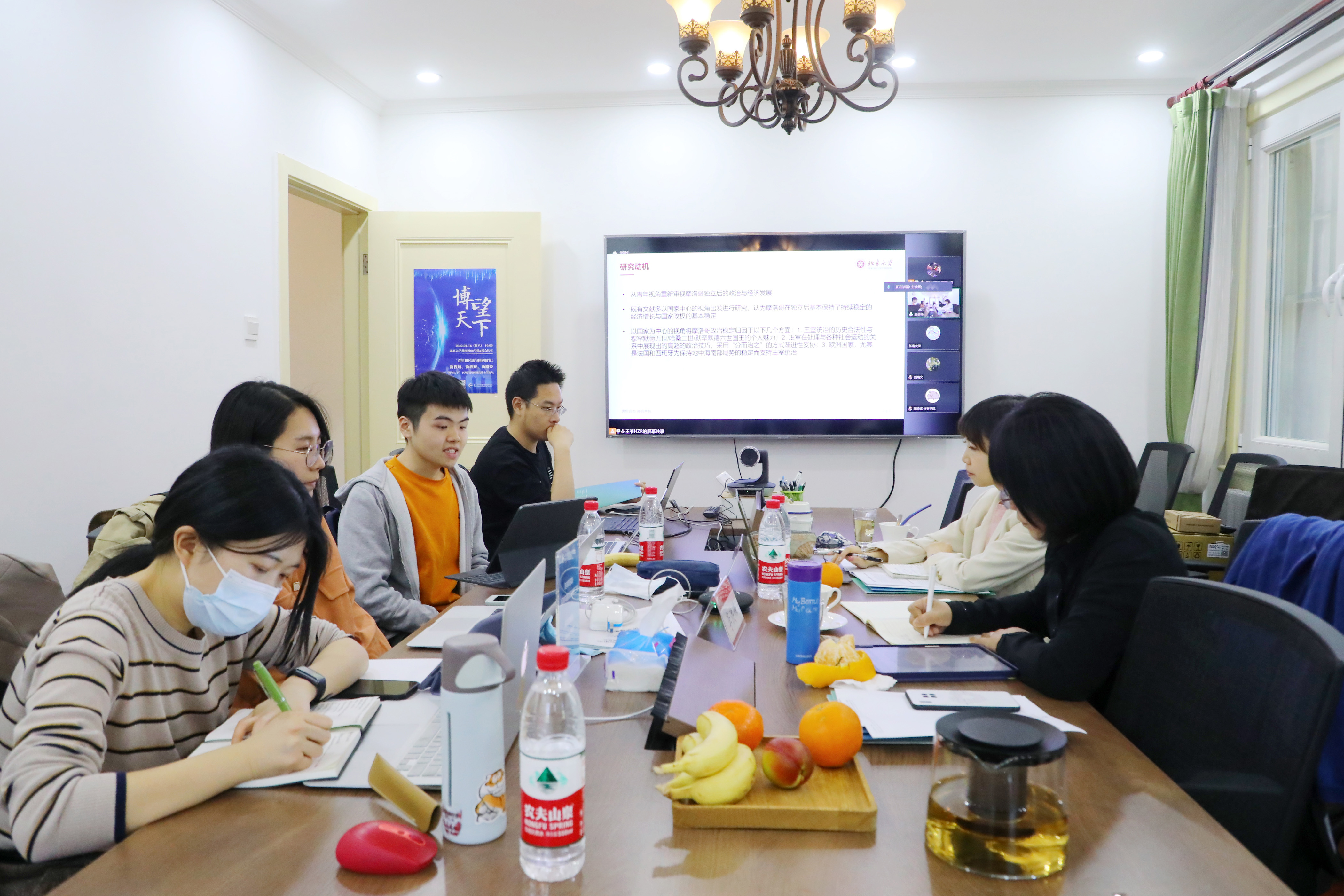
During the Africa-themed sub-forum, Zou Yujun, from the School of International Studies, systematically analyzed the major agendas for Chinese enterprises in Africa to participate in China–Africa education and training cooperation based on first-hand questionnaires, interviews and case collection. Zhang Liping, of Zhejiang Normal University, analyzed research on Chinese language education in Africa and Confucius Institutes in the framework of past, present and future. Zhao Qichen, of Beijing Foreign Studies University, explained the phenomenon of Wolofication in the Senegalese language ecology with the help of the three-linguistic structure model proposed by Herman Batibo. Lu Yuqing, of City University of Macau, studied how digital media in São Tomé and Príncipe could effectively promote the development of the African country and the important role China played in it. He Zerui, from PKUIAS, discussed the political and economic dilemmas faced by contemporary Moroccan youth, and how to create new forms of movement organization and dynamism in this environment. Taking Rwanda as a case, Liu Jingwen, from the School of International Studies, explored the transmission mechanism from climate change to security and conflict from the perspective of vulnerability, and on this basis emphasized the structural position of vulnerability in the complex transmission mechanism between climate change and security risk. Zhou Lingni of China Foreign Affairs University analyzed the Amazon policy of the Bolsonaro government from the aspects of performance, motivation and influence.
Experts at the sub-forums commented on the presentations by the doctoral students from the angles of article structure, arguments, argumentation process, case selection, and conclusions.
A total of 41 students from 19 colleges and universities gave presentations at the forum, focusing on 29 countries and regions. The forum touched on political science, legislation, economics, history and education, among other disciplines, bringing together young students engaged in interdisciplinary and advanced research, and inspiring them to develop new disciplinary and academic understandings.
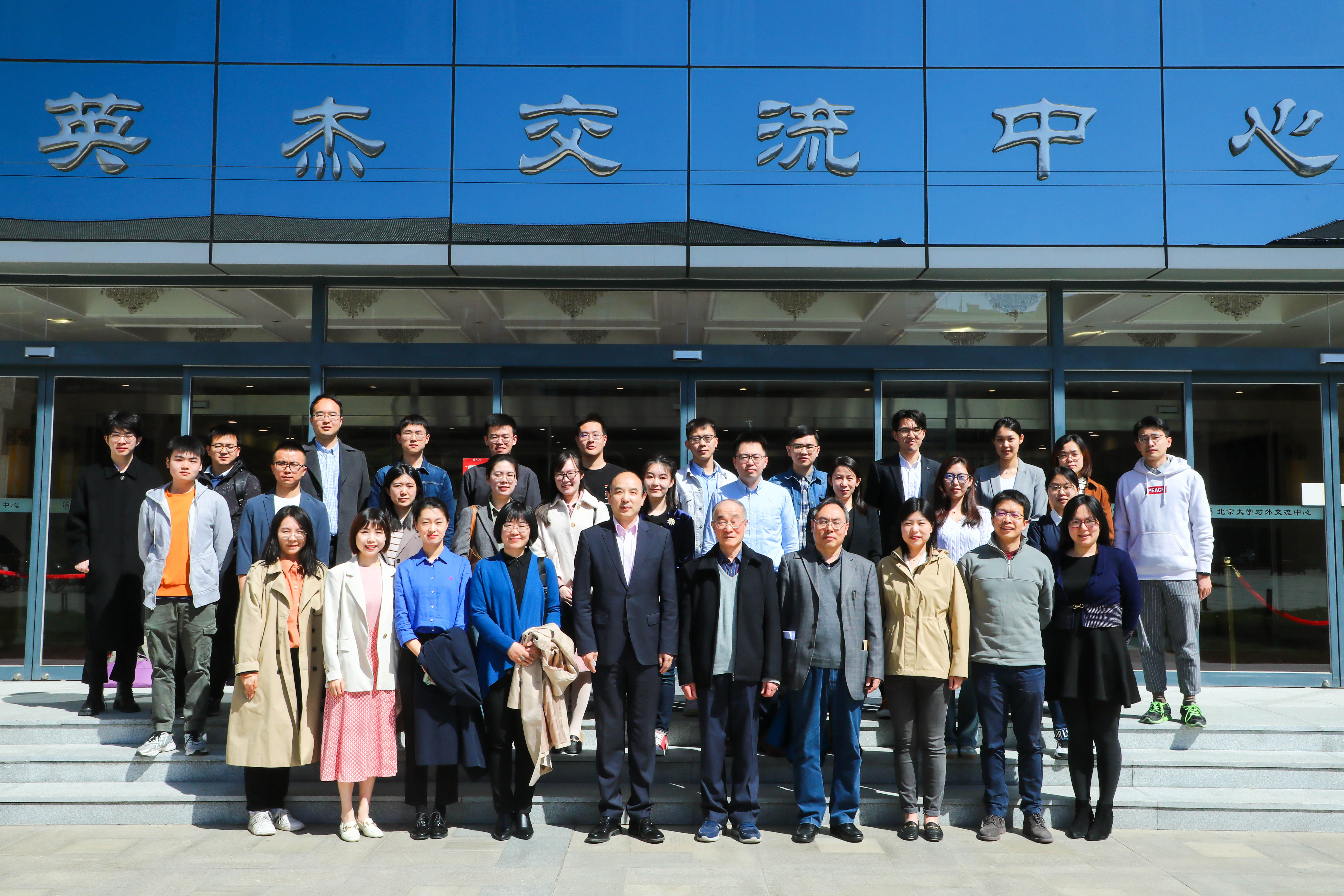
The new situation has put forward new requirements and challenges for the development of area studies. The forum is expected to build a platform for academic exchanges for students engaged in area studies and contribute to the development of research in area studies as well as the development of this discipline.


